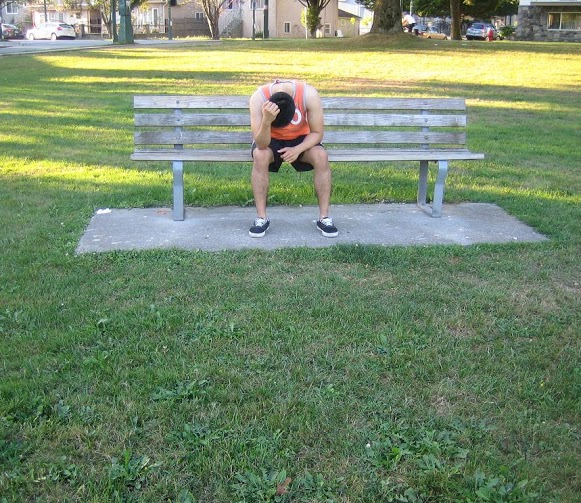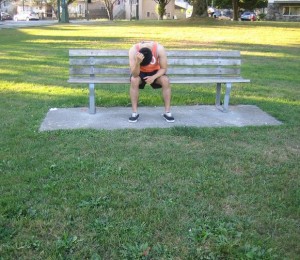Dengue fever is strikingly similar to a serious case of flu. It is triggered by a virus that is spread by mosquitoes. Many individuals who have dengue fever usually recover within a week. Oftentimes, the infection is more serious and even deadly in some cases.
https://www.youtube.com/watch?v=0PUsdv1kDTc
An individual can develop dengue fever if living in certain parts of the world or travelling to areas where carrier mosquitoes are prevalent particularly in tropical and sub-tropical countries in South America and Asia.
Indications of dengue fever
If an individual is suspected with dengue fever, the following are present:
- Headache
- Fever
- Rashes
The symptoms typically manifest between 4 days up to 2 weeks after a mosquito bite and lasts for 2-7 days. - Pain behind the eyes
- Swollen glands
- Nausea and vomiting
- Muscle and joint pain
Remember that these symptoms might be mild or can also be severe. The symptoms typically manifest between 4 days up to 2 weeks after a mosquito bite and lasts for 2-7 days.
Some individuals develop a severe case which is called dengue hemorrhagic fever particularly if they had dengue fever before. Those who develop a severe case will feel very sick and have additional symptoms such as the following:
- Bruising or minor bumps
- Stomach pain
- Blood-streaked vomiting or stool
Remember that this is a serious condition and can be deadly. If an individual is suspected with dengue fever, a doctor should be consulted or bring him/her to the nearest emergency department.
How is it diagnosed
The doctor will assess the individual physically and request for blood tests to help diagnose the condition.
Management
Even today, there is no specific treatment for dengue fever. The symptoms can be managed by getting enough rest, drinking more fluids and pain medications.
If an individual has dengue fever, it is not advisable to use medications such as aspirin or non-steroidal anti-inflammatory drugs (NSAIDs) such as ibuprofen. Remember that these medications can worsen bleeding.
Prevention
Since there is no cure or vaccine for dengue fever, the ideal way to prevent it is to avoid being bitten by mosquitoes such as the following:
- It is recommended to stay indoors during mornings and evenings when the mosquitoes are active.
- Wear long-sleeved clothes and covered shoes.
- Utilize an air-conditioner and install window screens.
- Apply a mosquito repellant that contains DEET.
- Regularly check and drain out containers where water accumulates around the house. Remember that mosquitos breed in still or stagnant water such as in empty bottles or bins.


